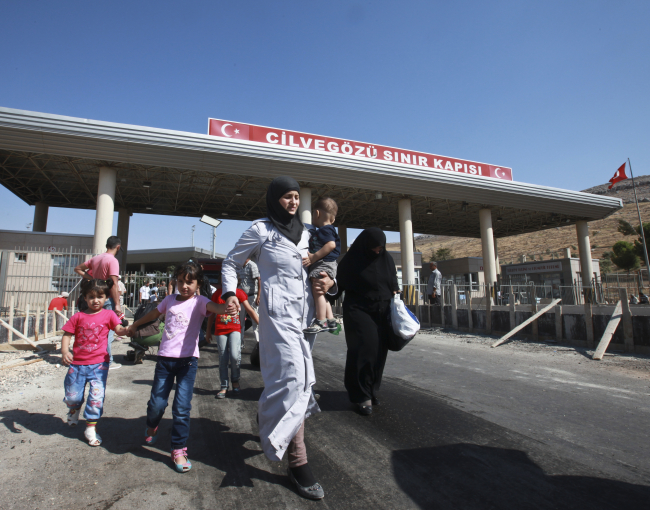Religion and Politics in Egypt Today: Ideological Trends and Future Prospects

The dynamics of Muslim-Copt relations and how they are managed by the Church and the State are part and parcel of Egypt’s transition post-Mubarak because they underlie the discussions concerning Egypt’s future as a civil State. The treatment of Copts and other religious communities under a new government will be a key indicator of the maturity of Egypt’s democratic transition.
The sudden opening up of political space since the uprising of 25 January 2011 began has given visibility to the range of political and religious streams of thought that exist in the Arab world’s most populous country. Although Egypt’s uprising was largely about reclaiming political agency and social justice for the Egyptian people, religion has contributed to the shape of Egypt’s struggle to redefine itself since the ouster of former president Hosni Mubarak on 11 February 2011. Under Mubarak the political scene was often presented in black and white terms as being divided between religious extremists (then normally represented by the Muslim Brotherhood) and Mubarak’s National Democratic Party. The latter was represented as the only force preventing Egypt from becoming a radical theocracy. This covered over the diversity that is now apparent. It is clear that Islamists are a powerful political force, yet they also face broad and varied opposition and do not represent the only ideological trend to emerge. Mohammed Morsi of the Muslim Brotherhood did not have an easy victory in Egypt’s presidential election in June 2012 and continues to face open and direct criticism. Nevertheless, the Muslim Brotherhood’s rise to power has caused alarm among sections of the Egyptian population and the international community. Evidently, the effect of religion on the political transition in Egypt cannot be ignored if the dynamics of the social and political changes are to be understood.

Available in:
Regions and themes
ISBN / ISSN
Share
Download the full analysis
This page contains only a summary of our work. If you would like to have access to all the information from our research on the subject, you can download the full version in PDF format.
Religion and Politics in Egypt Today: Ideological Trends and Future Prospects
Related centers and programs
Discover our other research centers and programsFind out more
Discover all our analysesRussia, the Palestinians and Gaza: Adjustments after October 7th
The Soviet Union (USSR), and subsequently the Russian Federation as its internationally recognized legal successor, has consistently sought to play a visible role in efforts to resolve the Israeli-Palestinian conflict.
Canada’s Recognition of a Palestinian State: What Consequences on its Foreign Policy Toward Palestine?
On September 21, 2025, Canada became the 148th of 157 countries to recognize Palestine as a state. It did this with the United Kingdom (UK) and Australia, defying the United States (US) and Israeli opposition.
How to Jumpstart Economic Recovery in Syria? The role of syrian entrepreneurs in Turkey
This report examines the potential role of Syrian-partnered companies operating in Türkiye in supporting economic recovery and reconstruction efforts in Syria. Based on data collected through field research and surveys conducted by the Economic Policy Research Foundation of Türkiye (TEPAV), the report provides an overview of the business characteristics, sectoral distribution, and cross-border economic activities of Syrian entrepreneurs. The report explores how this business activity could contribute to restoring supply chains, stimulating local production, and generating employment.
Indonesia and the Palestinian Cause
During his inaugural presidential speech on October 20, 2024, Indonesia’s incumbent president, Prabowo Subianto, iterated certain principles central to the philosophical foundation of the Indonesian nation. He noted Indonesia’s longstanding foreign policy of non-alignment or “bebas dan aktif” (free and active) and its aversion to military pacts.










